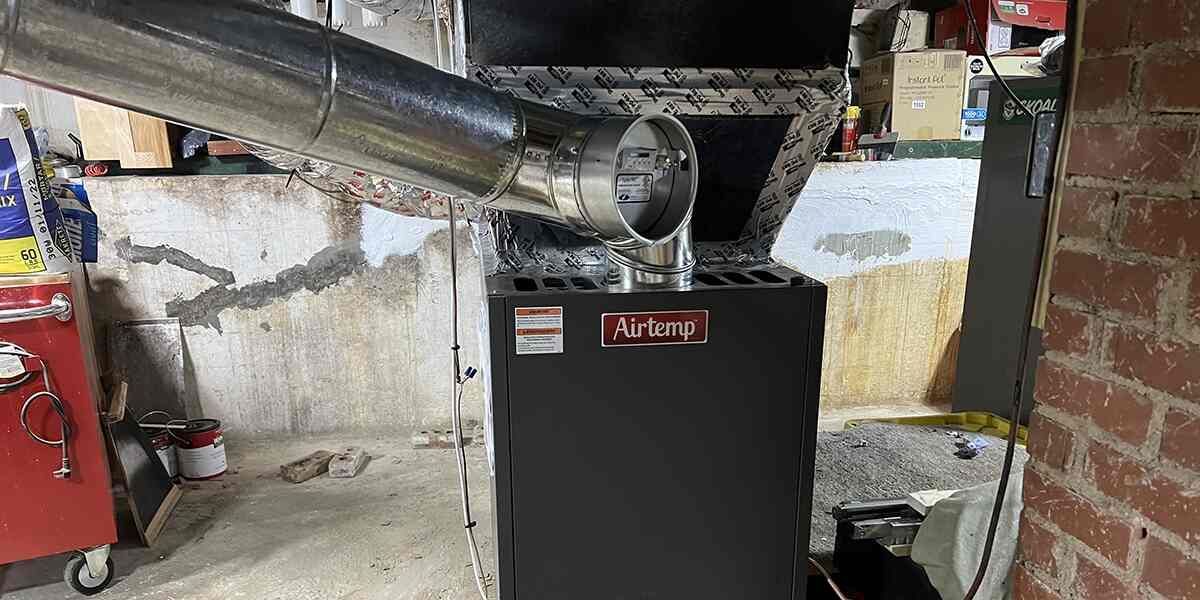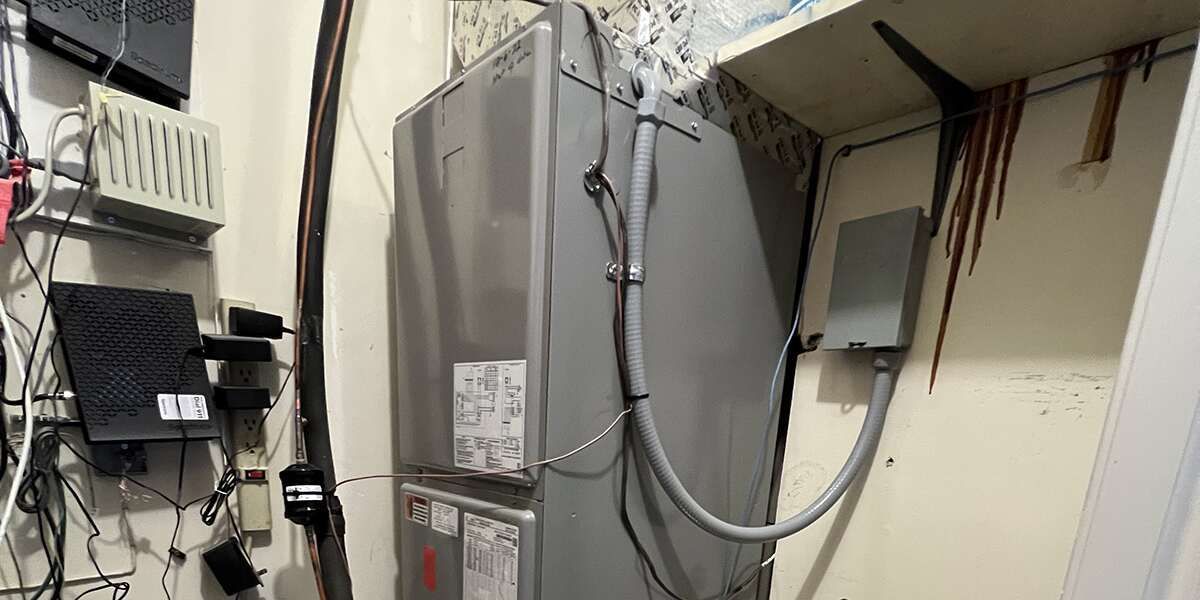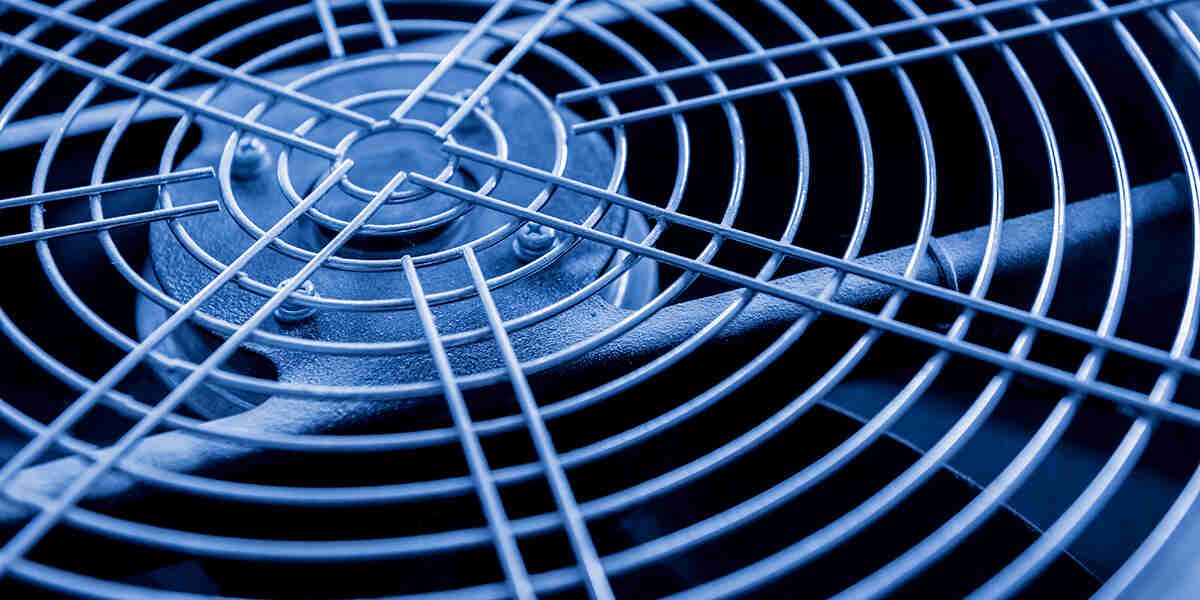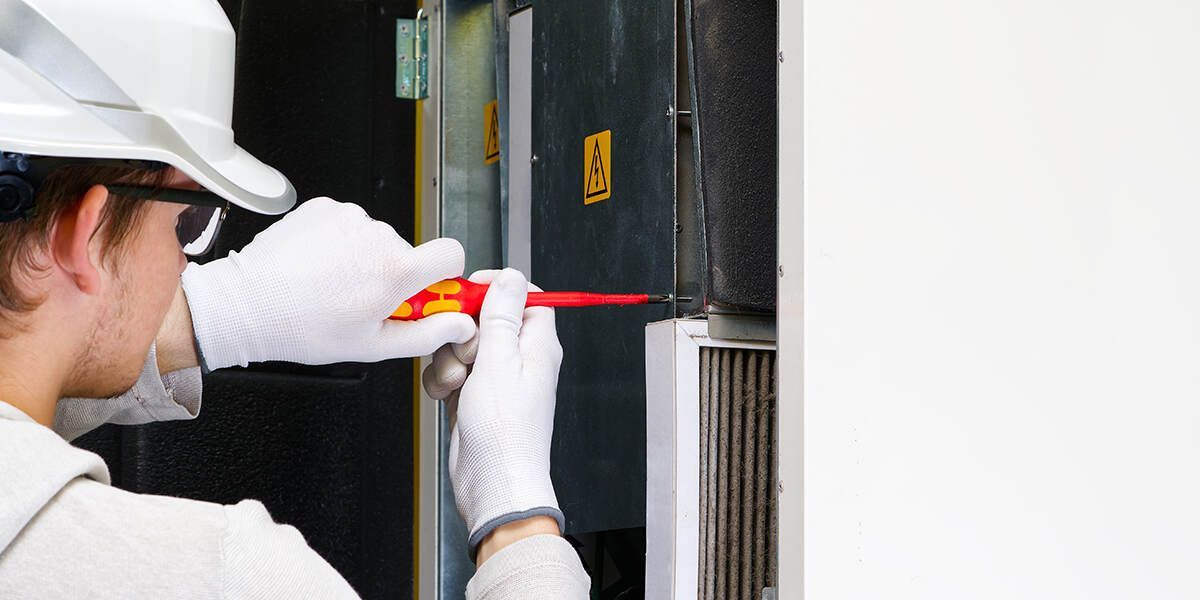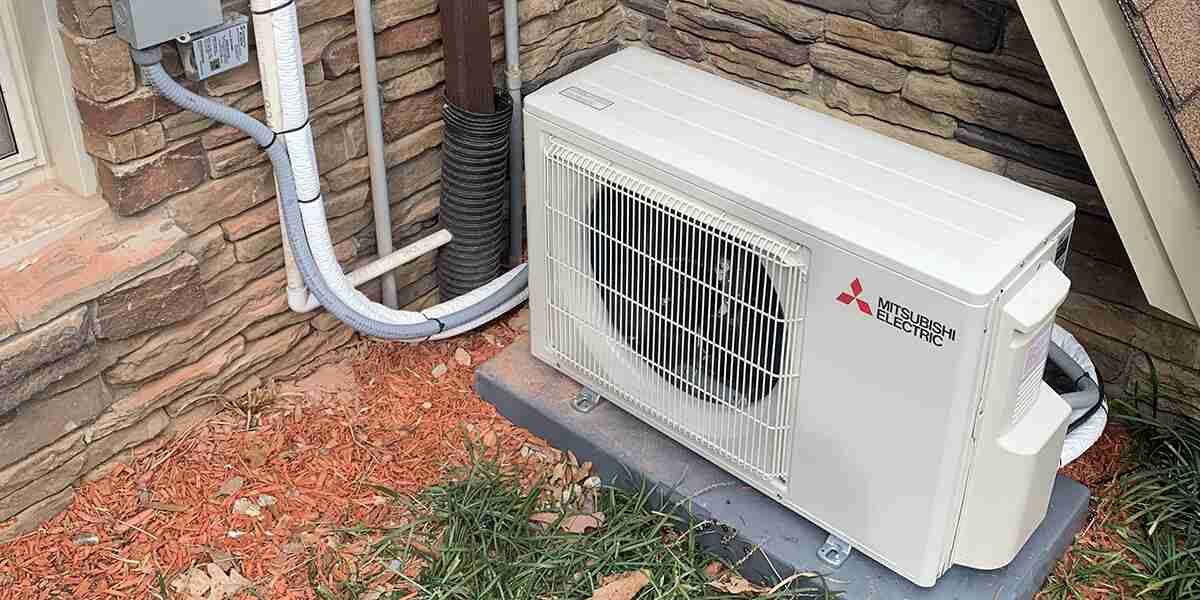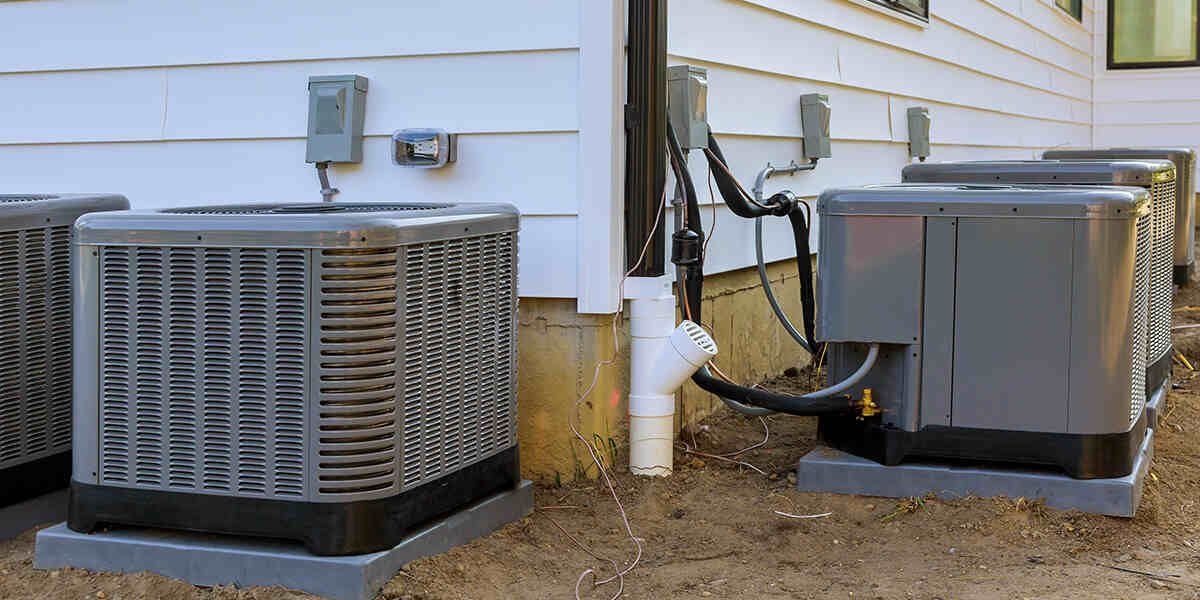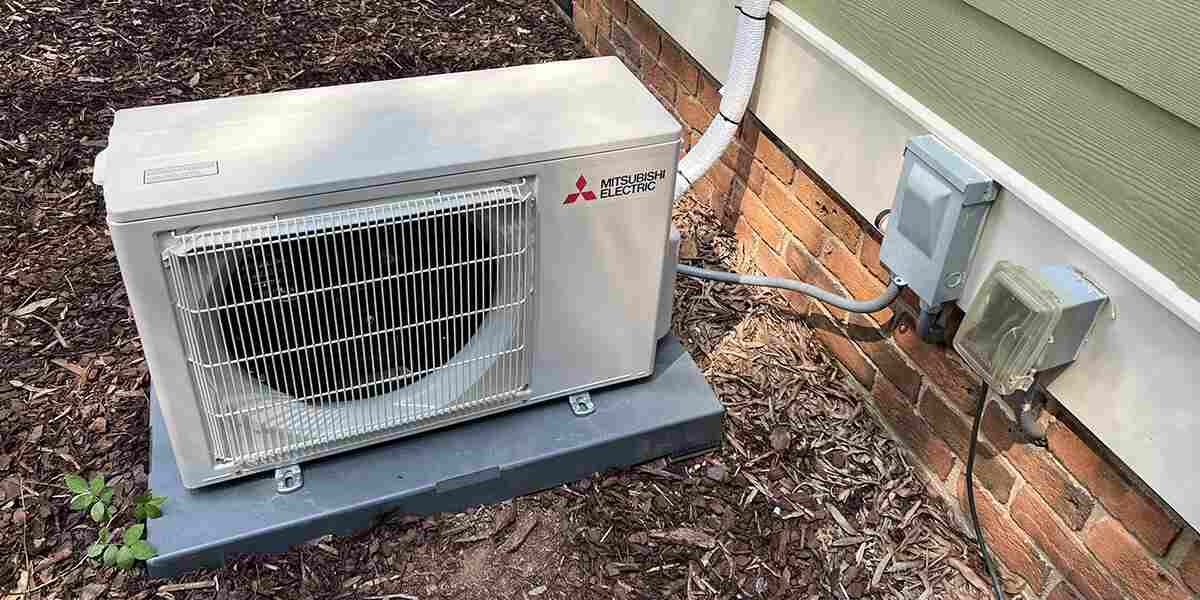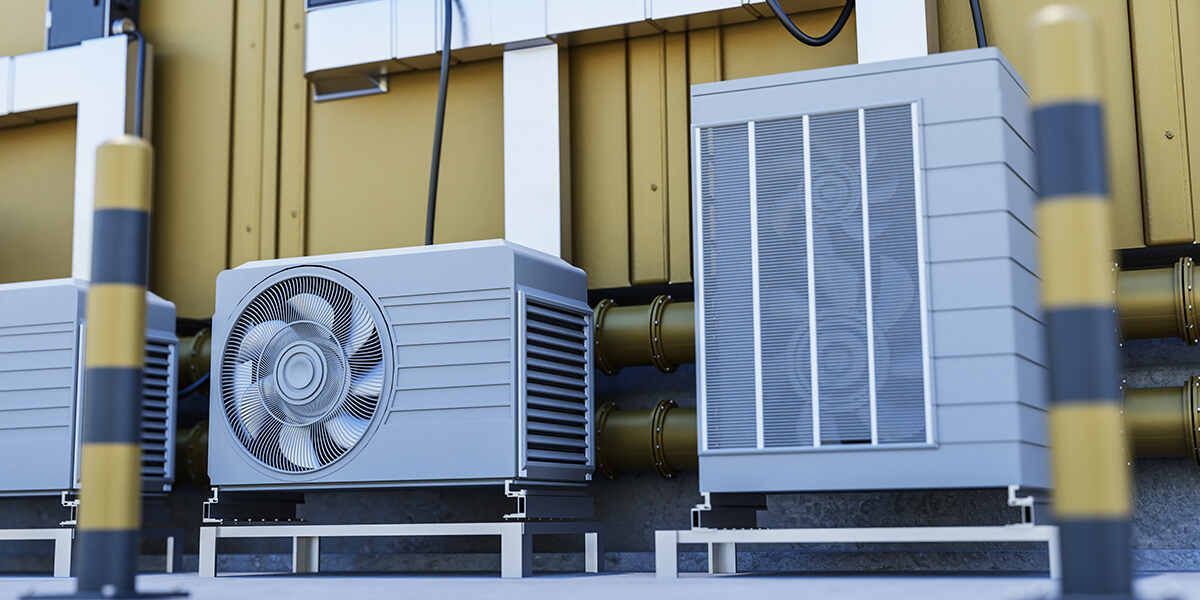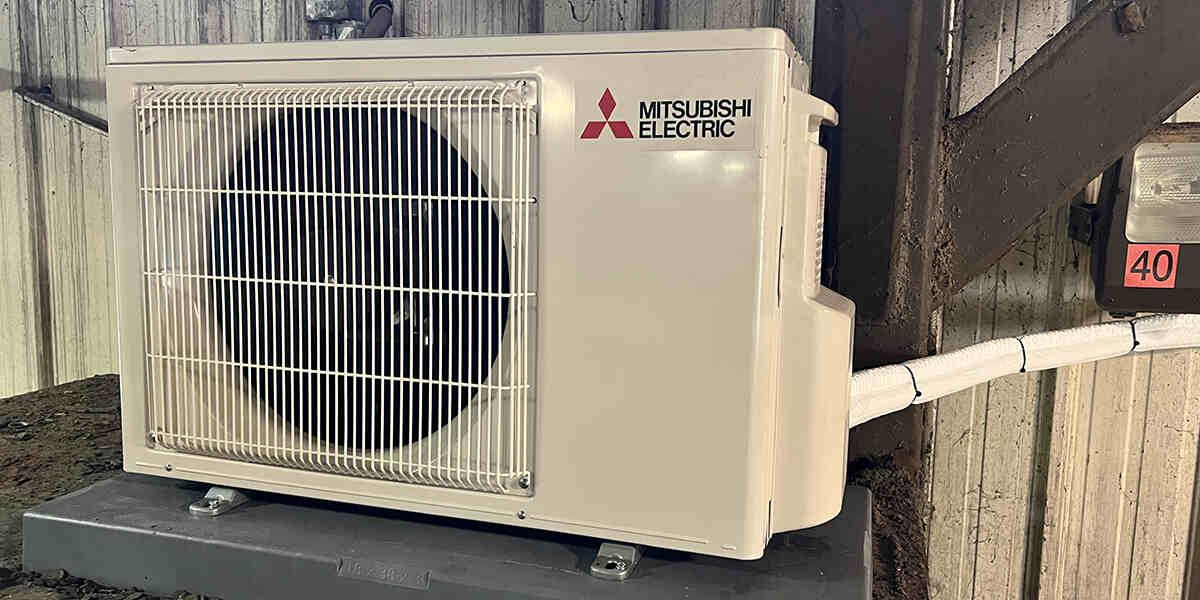How To Fix Delayed Ignition on a Gas Furnace
Are you hearing a loud bang when your gas furnace starts up? This alarming sound could be a sign of delayed ignition, a common issue in many homes.
In this guide, Hickory Heating & Cooling will explain how to fix delayed ignition on a gas furnace. We'll delve into the causes, dangers, and solutions, ensuring your heating system runs smoothly and safely. If you're looking for furnace repairs near me, keep reading to understand this problem better.
Understanding Delayed Ignition in Gas Furnaces
Delayed ignition in gas furnaces occurs when gas in the furnace builds up rather than igniting immediately. This buildup can cause a small explosion, resulting in a frightening bang. It's essential to address this issue promptly, as it can damage your furnace and pose safety risks.
Several factors can lead to delayed ignition, each requiring careful attention to ensure the safe and efficient operation of your gas furnace:
- Pilot Light Issues: A pilot light covered in soot or debris may not ignite the gas efficiently. Regular cleaning and maintenance are essential to keep it in good working order. If the pilot light is flickering or seems weak, it may indicate an underlying issue that needs professional attention.
- Inadequate Gas Pressure: If the pressure is too low, it may not provide enough force to ignite the gas promptly.
- Clogged Gas Valve: A clogged gas valve can be due to dust accumulation or rust formation, especially in older systems.
- Faulty Ignition System: Modern furnaces often use electronic ignition systems. If these systems malfunction, they can fail to ignite the gas at the right time.
- Thermocouple Problems: The thermocouple is a safety device that shuts off the gas if the pilot light goes out. If it's faulty or incorrectly positioned, it might prematurely cut off the gas supply or fail to detect an active pilot light, leading to ignition delays.
- Airflow Issues: Blocked air filters or ventilation issues can disrupt the balance needed for efficient ignition.
Each of these factors plays a critical role in the functioning of your gas furnace. Ignoring them not only leads to delayed ignition but can also pose significant risks to your furnace's longevity and your home's safety.
How To Address Delayed Ignition
Ignoring delayed ignition can lead to more severe problems. The small explosions caused by gas buildup can damage your furnace, leading to costly repairs or even the need for a furnace replacement. More importantly, it poses a safety risk, as the buildup of gas can lead to fire hazards or carbon monoxide leaks.
When learning how to fix a delayed ignition on a gas furnace, you have multiple potential routes.
Gas Furnace Troubleshooting
If you suspect delayed ignition, start with some basic troubleshooting. Check the pilot light and the gas supply. Ensure the pilot light is clean and the flame is blue in color. Also, verify that the gas valve is open and the gas pressure is adequate.
If you run through these steps and the issue persists, contact a professional for furnace repair. Trying to address gas line issues yourself can be dangerous.
Professional Furnace Repair
In many cases, resolving delayed ignition requires professional intervention. Furnace repair experts can diagnose and fix ignition problems, ensuring your furnace operates safely and efficiently.
While you can do some basic troubleshooting yourself, furnace professionals can provide delayed ignition solutions tailored to your specific heating system to resolve the issue safely and quickly.
Regular Heating System Maintenance
Regular maintenance is crucial in preventing these problems and maintaining furnaces and boilers. Annual inspections and cleanings can keep your furnace in top condition, reducing the likelihood of ignition problems and other malfunctions.
Hickory Heating & Cooling's Commitment to Your Comfort
At Hickory Heating & Cooling, we understand the importance of a properly functioning heating system. Delayed ignition in your gas furnace is not just an inconvenience; it's a safety hazard. That's why we're dedicated to providing top-notch furnace repair and maintenance services.
If you're facing issues with your furnace, don't hesitate to reach out to us. We offer comprehensive solutions for all your heating needs, including furnace repair and replacement. Our goal is to ensure your home remains warm and safe throughout the colder months.
Whether you want to learn how to fix delayed ignition on a gas furnace or need
furnace replacement, contact Hickory Heating & Cooling at
(828) 373-8896. We're here to provide you with the best solutions and ensure your heating system runs smoothly and safely.
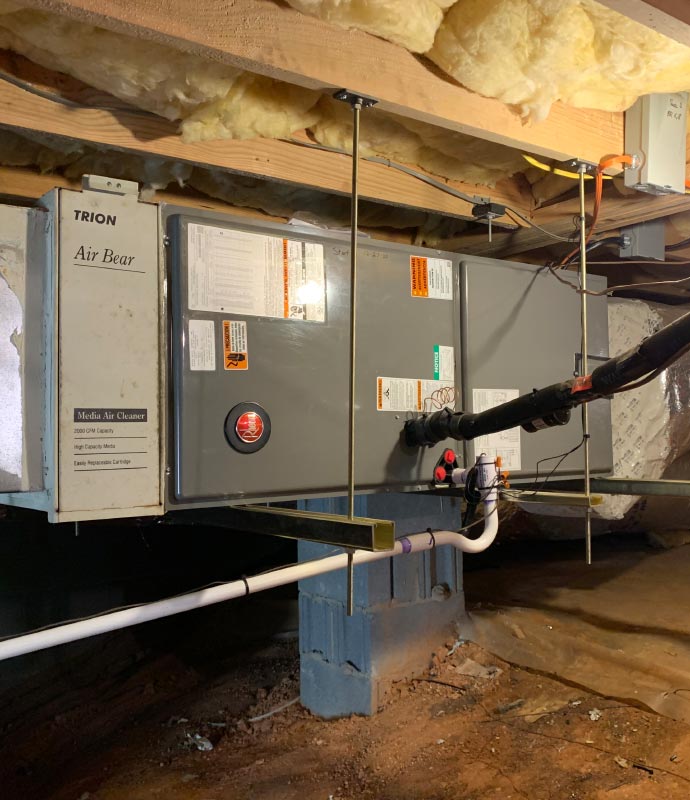
Contact Information
Address: 1529 16th St NE Hickory NC 28601
Phone: (828) 679-1067
Business Hours:
Mon - Fri: 08:00 AM to 05:00 PM
Sat-Sun: Closed
Emergency After Hours Service Available
All Rights Reserved | Hickory Heating and Cooling LLC

